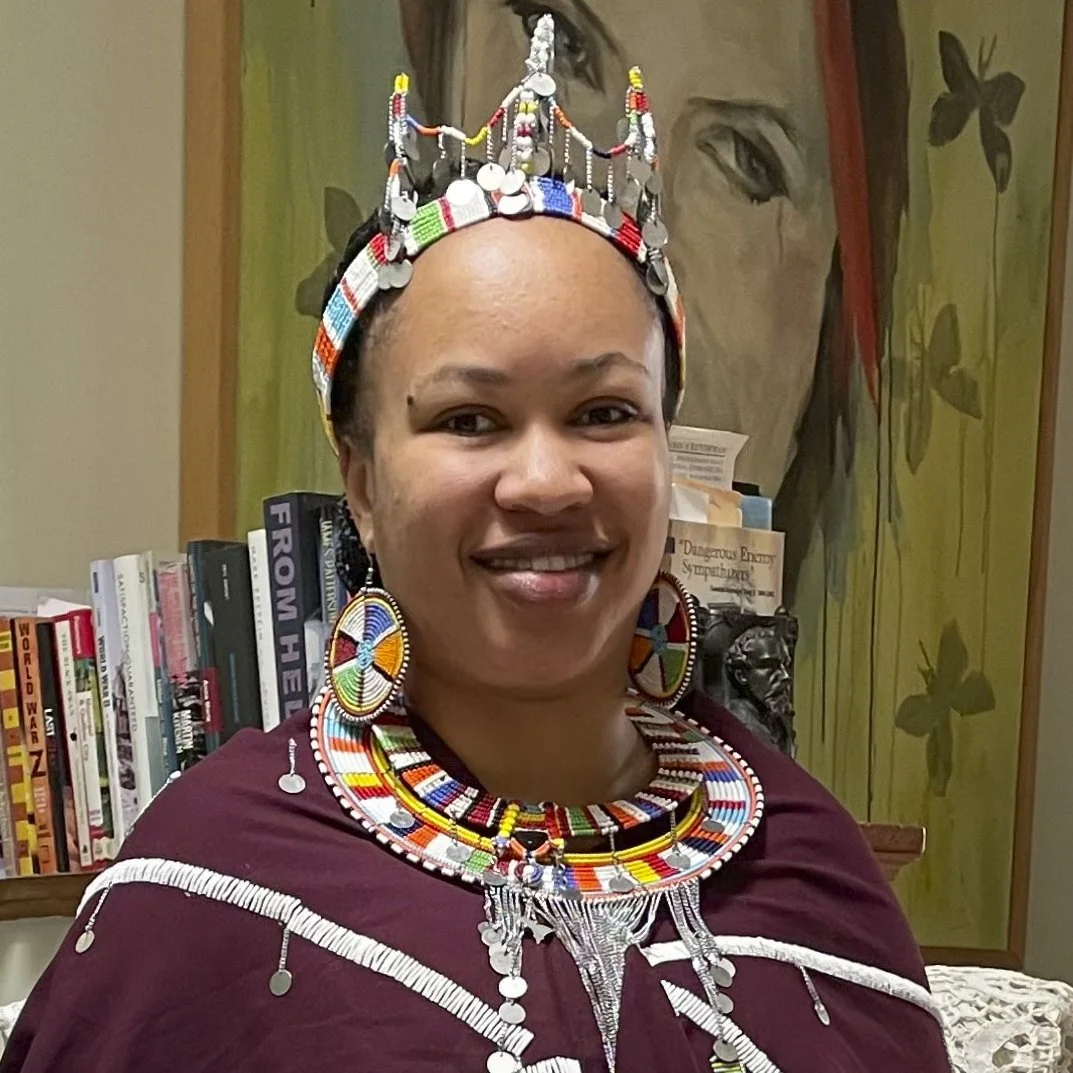Diana Marcela Torres Molano (32), from Colombia, is completing her doctorate in art history at Concordia University in Montreal, Canada.
Marcela’s study examines the use of community art as a tool for healing, in the context of post-conflict Colombia. “When a pain cannot be put into words, it can be put into materiality,” says Marcela. She hopes for this study to provide healing to the female community artists, help break the conflict-trauma cycle for their children, and promote peace-building in the wider community. She will be the first scholar to produce an English-language dissertation based on direct interviews with artists, foregrounding the purpose and meaning of their art as well as their gendered and racialized experiences.
Marcela’s previous achievements include co-founding a design project in Nepal, Parkmandu, enabling young girls and women to participate in the development of their neighborhoods and community spaces; being the art director for Decrebis, a collaborative project with women refugees in Italy; and founding a non-profit organization Mhuysqa, which facilitates the co-production art projects, cultural training, education, citizen involvement, and urban transformations.
Marcela’s goal is to continue using art as a powerful advocacy tool and put gender at the center of participatory space design, urban planning, and policymaking.




